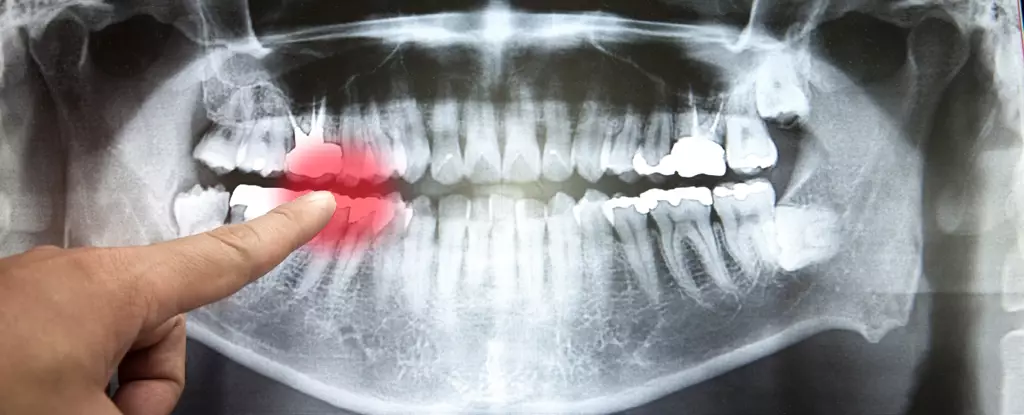The relationship between tooth loss and an increased risk of dying from heart disease, stroke, and other fatal heart events has recently been highlighted in a new analysis. Previous studies have indicated a potential link between missing teeth and a higher likelihood of developing heart disease and cardiovascular diseases. Poor oral health is a well-known risk factor for cardiovascular diseases, which are a leading cause of death globally. The theory behind this connection is that tooth loss or inadequate oral hygiene could lead to infections that spread through the body, causing inflammation that impacts the heart.
While some studies have shown a correlation between tooth loss and cardiovascular disease, others have failed to establish a direct causal relationship. For instance, a 2018 analysis found that the association between tooth loss and CVD disappeared once smoking was taken into account. However, other research has provided evidence supporting a causal link between the two. According to Anita Aminoshariae, an endodontist and dental researcher at Case Western Reserve University, tooth loss is a significant predictor of cardiovascular disease mortality. Individuals who have lost most or all of their teeth face a 66 percent higher risk of dying from heart-related issues compared to those with fewer missing teeth or none at all.
The analysis of 12 studies showed a consistent correlation between tooth loss and cardiovascular disease mortality, even after adjusting for age, smoking status, and other confounding factors associated with CVD risk. The risk of dying from cardiovascular disease was particularly elevated among individuals who had lost roughly 22 or more teeth. This reinforces the impact of severe tooth loss on CVD mortality and emphasizes the importance of maintaining good oral health for overall well-being.
While observational studies can only establish associations and not direct causes, the findings suggest that improving oral health could help address the global burden of cardiovascular diseases. This could involve promoting access to healthy foods and affordable dental care, especially in low- and middle-income countries and among older populations. With one-third of deaths worldwide attributed to CVDs like heart attacks, strokes, and clogged arteries, preserving oral health and preventing tooth loss are crucial aspects of promoting overall health and well-being.
The link between tooth loss and cardiovascular disease mortality underscores the importance of maintaining good oral health for heart health. While more research is needed to fully understand the causal relationship between the two, the evidence suggests that preserving teeth and promoting optimal oral hygiene can have a significant impact on reducing the risk of cardiovascular diseases and improving overall quality of life.


Leave a Reply